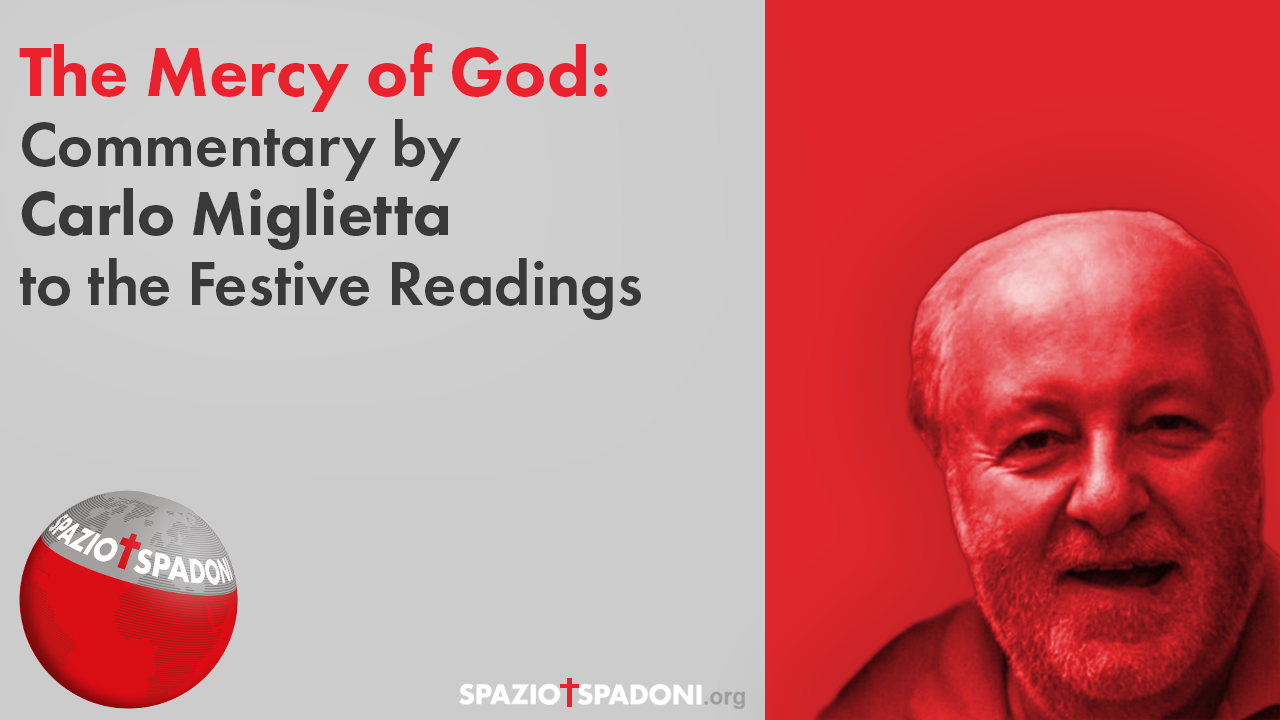
The Scandal of a Carpenter God
Readings: Ez 2:2-5; 2 Cor 12:7-10; Mk 6:1-6
The prologue of Mark’s Gospel (1:1-13) had closed with the temptations, the first section (1:14-3:6) with the decision of Pharisees and Herodians to kill him, the second section (3:7-6:6) with the rejection by fellow citizens. After the first feeling of amazement and admiration, today’s Gospel tells us (6:1-2), scandal takes over (6:3-4), and he is rejected like the ancient Prophets, like Ezekiel in the First Reading (Eze 2:2-5).
The Messiah was expected as powerful, the author of spectacular deeds, and his origins were to remain unknown (Jn 6:42; 8:14): instead, of Jesus we know that he makes a humble trade, carpenter (Mk 6:3), and we know his family. Moreover, he is a layman who claims to explain the Scriptures without having made regular studies: “How is it that he knows the Scriptures, without having studied?” (Jn 7:15). Whence then does he derive “sophia,” wisdom, and “dynamis,” power? From heaven, from men (Mk 11:30-31) or even from Satan (Mk 3:22-30)?
Faith is not accepting an abstract ideology, but a personal God who entered history. And God became weak, clothed himself in a flesh of sin, being born and living in poverty and hiddenness. Our faith passes through the scandal of a God who became a child, indeed “brèphos” (Lk 2:12, 16) (crude Lucan term for the fetus to be delivered or just given birth), through the indecency of a carpenter God who dies crucified. Whereas the “Lives of Heroes” of antiquity lavishly recounted the successes and wonders of great figures, and fleetingly hinted at their end, most of the Gospels are devoted to recounting the Lord’s tragic passing, his passion and death. The theme of God becoming small, suffering and dying was scandalous even for the nascent Church, and determined the first heresies. Moreover, early believers were also shocked by the tragic way God had died, “numbered among evildoers” (Lk 22:37), screaming on a cross (Mk 15:47). We are the only religion in the world that has as its emblem not a serene or glorious symbol, but the cross of a carpenter tortured with the cruelest tortures …
Jesus found not only opposition from the Pharisees and Herodians, but also from his loved ones: he was not understood by his relatives (Jn 7:5), who judged him a family disgrace, and who “went out to fetch him, for they said: “He is beside himself”” (Mk. 3:21); he was rejected by his fellow citizens, who wanted to kill him (Lk. 4:28-29); he was abandoned by the disciples, after the discourse on the Eucharist (Jn. 6:66) and at the moment of the Passion (Mt. 26:56); he was betrayed by one of his closest friends, Judas (Mt. 26:47-50), and even disowned by the first pope, the trusted Peter (Mt. 26:69-75).
In the mystery of the family members, fellow citizens, and disciples who reject Jesus is the mystery of the Church, which all “knows” Christ, touches him and handles him, which has always been accustomed to be in his company, to talk with him and about him: but which often, deep down, is ashamed of him, believes he is a fool, and tries in a thousand ways to take hold of him and, perhaps without realizing it, rejects and kills him, in the name of all human and religious common sense. Sometimes we reject and eliminate God because of the absurd claim to defend his prestige: we have made up an image of how God “should be,” and we are unable to accept him as he reveals himself, as the God who became a fetus, a carpenter, a crucified man who dies screaming… For us, too, this is “scandal” and “foolishness” (1 Cor. 1:23); we are unable, as Paul does in the Second Reading, to “boast gladly of our weaknesses” (2 Cor. 12:9): therein lies our “apisthesis,” our unbelief (Mk. 6:6).
